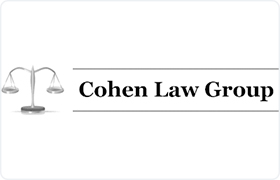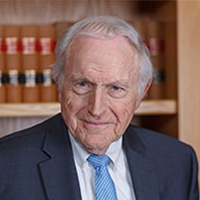Milton Village Eminent Domain Lawyer, Massachusetts
Sponsored Law Firm
-
 x
x

Click For More Info:
-
Cohen Law Group
500 Commercial St Unit 4R Boston, MA 02109» view mapBusiness, Real Estate, Accident & Injury Over 50 Years Of Experience
With over 50 years of experience, the Cohen Law Group is a well-established law firm located in the heart of Boston’s historic North End.
800-790-5110
Dorene M. Allen-England
Eminent Domain, Litigation, International, Workers' Compensation
Status: In Good Standing
FREE CONSULTATION
CONTACTFREE CONSULTATION
CONTACTJudy A. Levenson
Election & Political, Eminent Domain, Civil Rights, Whistleblower
Status: In Good Standing Licensed: 42 Years
Valerie Swett
Eminent Domain, Cogeneration, Trusts, Reorganization, Child Custody
Status: In Good Standing
Philip Mark Cronin
Military & Veterans Appeals, Eminent Domain, Litigation, Antitrust
Status: In Good Standing
Kevin J. Joyce
Eminent Domain, Corporate, Franchising, Administrative Law
Status: In Good Standing Licensed: 42 Years
 Herbert Cohen Boston, MA
Herbert Cohen Boston, MA Practice AreasExpertise
Practice AreasExpertise
